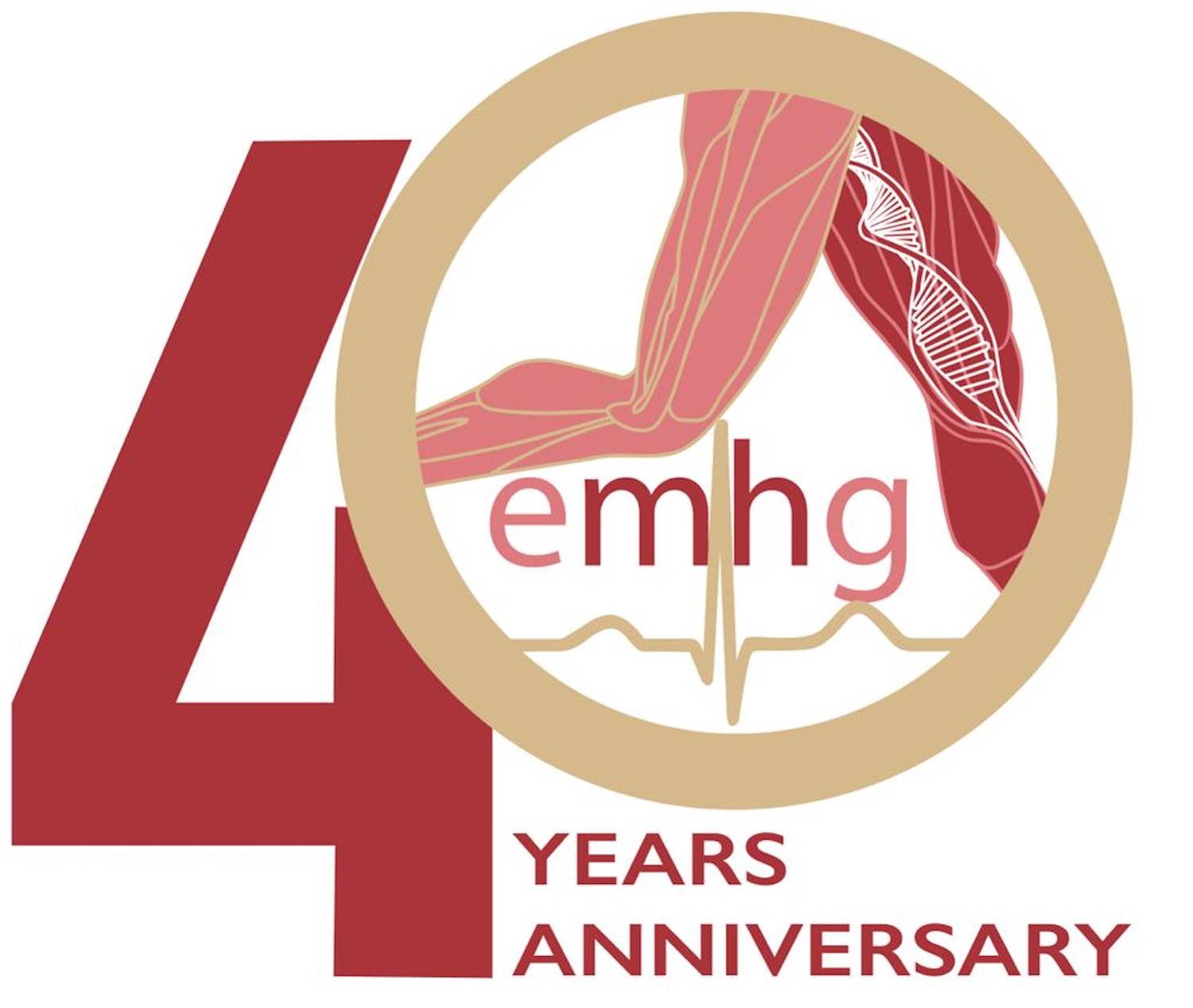Laboratory diagnosis of MH susceptibility
EMHG guidelines for the investigation of MH susceptibility
Malignant hyperthermia (MH) is a potentially fatal pharmacogenetic disease triggered by commonly used volatile anaesthetics and/or succinylcholine. In vitro muscle contracture testing (IVCT) is the gold standard test to establish an individual's risk of MH susceptibility. The European MH Group has elaborated a standardized protocol for IVCT and has initiated international collaborative molecular genetic studies to investigate the molecular basis of MH. Data from these studies demonstrate that MH has a high level of locus heterogeneity. It is important to avoid false MH negative (MHN) diagnoses because of the potential risk of MH during general anaesthesia for these patients and their offspring. The diagnostic guidelines are regularly updated by the European MH Group and published on this website.
The usual route of entry for individuals into MH investigations follows a suspected MH crisis and referral of the patient to an MH Investigation Unit. The diagnostic procedures and genetic counselling are performed according to current knowledge.
Investigation of MH Susceptibility
In 2015 the EMHG has published a revision of the guidelines for the investigation of MH susceptibility. This version of the guidelines now combines previous guidelines on in-vitro contracture testing and molecular genetic investigations.
Characterisation of RYR1 sequence variants
Guidelines on characterisation of RYR1 variants in order to be used diagnostically to test for MH susceptibility
Gene variants as unlikely to cause MH Susceptibility
Criteria for the determination of gene variants as unlikely to cause malignant hyperthermia susceptibility
Reporting variants of unknown significance
The EMHG want to collate IVCT information on patients with RYR1 variants with unknown signficance in order to gain more insight into a possible pathogenicity of these variants

